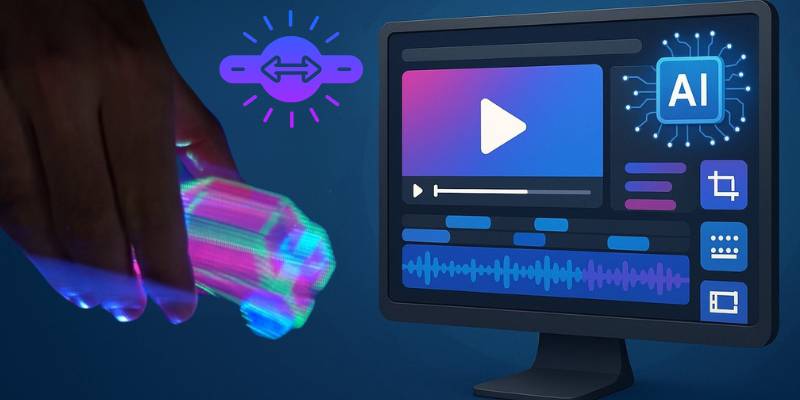Something about this month feels different in the world of artificial intelligence. It’s not just another round of shiny app launches – it’s the sense that AI has entered a new era of serious capability.
In a sweeping overview of emerging developments, a recent report on AIApps highlights how November has been packed with milestone breakthroughs in 3D video generation, instant visual editing, and scalable automation systems that are already reshaping industries from design to film to enterprise software.
One of the standout trends is the explosion of AI-driven 3D modeling and video generation. New models now convert text into full visual environments – scenes that can be edited live, rendered in real time, or converted straight into animation.
It’s wild to think that a few typed sentences can become cinematic worlds in seconds. The same roundup explained how this shift is creating a new wave of hybrid creators – artists who use AI not as a replacement, but as a collaborator in storytelling.
That point echoed what I saw in a recent TechCrunch feature on AI video innovation, which described how studios are already experimenting with AI-assisted scene design to cut production timelines by more than half.
At the same time, AI infrastructure platforms are scaling up at record speed. The same piece revealed that directories listing AI tools have now surpassed 1,000 active, verified platforms, each offering variations on automation, analytics, or generative content.
That ecosystem growth reminds me of a report from VentureBeat earlier this week that described a rush of investment into AI marketplaces – not just for tech giants, but for small businesses that can now tap into machine learning as easily as signing up for cloud storage.
It’s also impossible to ignore how the human side of AI is changing. Companies aren’t just chasing tools anymore; they’re chasing talent.
The report noted a hiring spike in machine-learning engineering and AI-content strategy – roles that didn’t even exist five years ago.
I saw a similar trend reflected in a Wired article on AI hiring patterns, which described startups bidding aggressively for prompt engineers, visual-AI editors, and algorithm auditors. That’s not hype; it’s a signal that the “AI gold rush” is maturing into a proper industry.
From my perspective, this month feels like a turning point. The excitement is real, but so are the questions.
How much of this growth is sustainable? How do creators keep originality alive when AI can reproduce anything?
And at what point do we stop calling it “AI content” and just call it “content”? Personally, I think we’re on the edge of a massive recalibration – where the people who thrive aren’t the ones who fight AI, but the ones who learn how to direct it with purpose and soul.
Because the tech may be smarter than ever, but the human story behind it is still what makes it worth watching.

